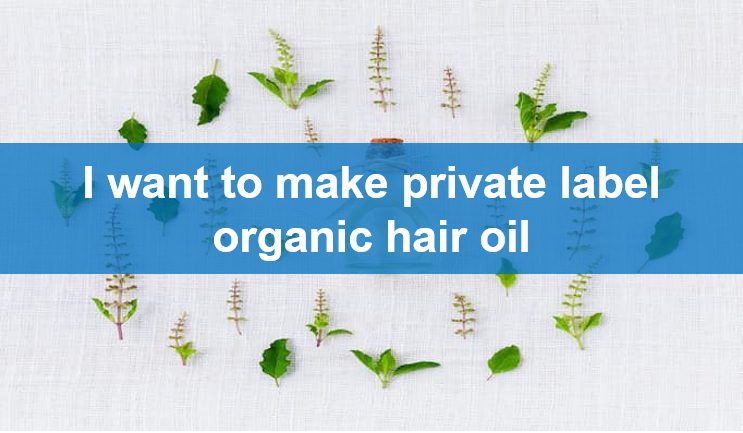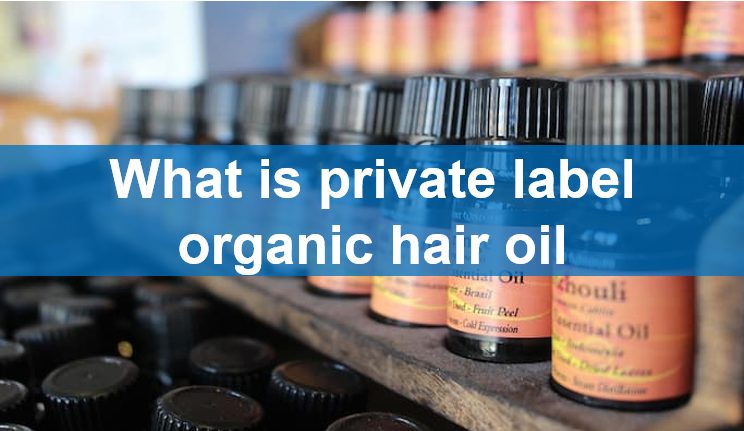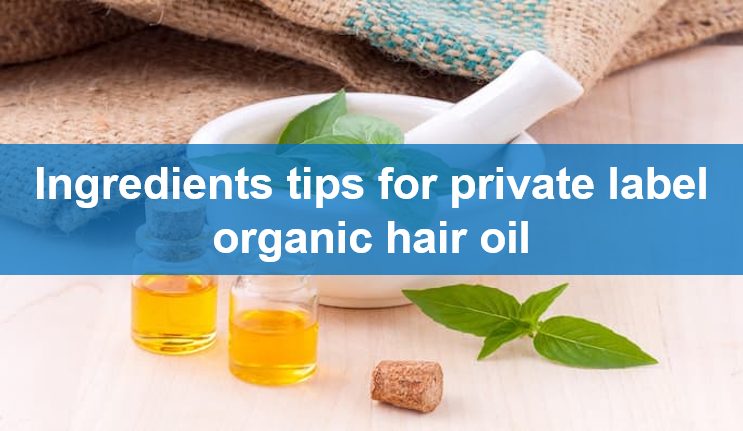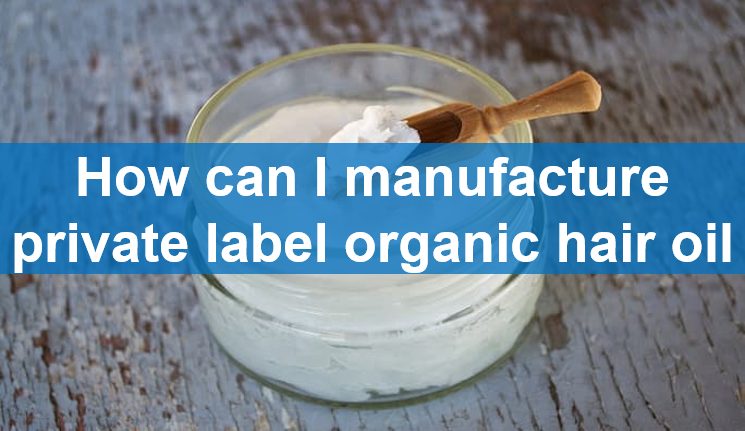
- HOME
- Cosmetic OEM Lab
I want to make private label organic hair oil
what is organic, and is it difficult to make private label organic hair oil
Ingredients tips for private label organic hair oil
In a world where consumers are increasingly leaning towards natural and sustainable beauty products, launching a private label organic hair oil brand can be both a lucrative and fulfilling venture. With the rise of conscious consumerism, people are not just looking for products that deliver results but also those that align with their values of environmental sustainability and ethical sourcing. This guide delves into the nuances of creating a private label organic hair oil, from understanding what “organic” truly means to selecting the right ingredients and finding a manufacturer to bring your vision to life.

Contents

The journey to creating a private label organic hair oil begins with a spark of inspiration. Maybe you’ve noticed a gap in the market, or perhaps you’re passionate about organic living and want to extend this ethos into a product line. Regardless of the reason, the decision to create a private label organic hair oil opens up a world of possibilities to make a positive impact on the beauty industry and the planet.
Understanding what “organic” means is crucial in this journey. Organic refers to products made from ingredients that are grown and processed under a strict set of agricultural standards. These standards promote ecological balance, conserve biodiversity, and avoid the use of most synthetic pesticides and fertilizers. The challenge in making private label organic hair oil lies not in the formulation but in ensuring that every ingredient meets these organic standards. This requires rigorous sourcing, certification, and a commitment to transparency throughout the supply chain.

Typically, manufacturing companies develop specific formulations based on the requirements of brand clients and utilize organic ingredients to produce products that cater to the brand’s preferences and consumer demands. Private label organic hair oils often highlight features such as “organic,” “natural,” “additive-free,” etc., to attract consumers who are interested in natural and eco-friendly products.
Hair oil is not just a cosmetic product; it’s a potent treatment that can transform hair health. Regular use can promote hair growth, add shine, reduce frizz, and even prevent issues like dandruff and scalp infections. Organic hair oils take these benefits further by ensuring that the hair is not exposed to potentially harmful synthetic chemicals.
As mentioned, “organic” pertains to how ingredients are grown and processed. For hair oil to be considered organic, the majority of its ingredients must meet the criteria of being free from synthetic pesticides, fertilizers, and other non-natural substances.
While “organic” focuses on the farming and processing methods, “vegan” means that the product contains no animal-derived ingredients. A product can be both organic and vegan, but it’s important not to confuse the two. Vegan does not automatically mean organic, and vice versa.

By incorporating certain ingredients, brands can produce high-quality private label organic hair oil, meeting the growing demand for natural and sustainable hair care products among consumers. Here are some recommended ingredients:
Coconut oil is a versatile and deeply nourishing oil, ideal for hair hydration and protection. Its ability to penetrate the hair shaft makes it an excellent choice for moisture retention.
Rich in antioxidants and hydrating properties, olive oil is fantastic for strengthening hair, enhancing shine, and promoting scalp health.
Known for its healing properties, sesame seed oil is great for protecting hair from environmental damage. It also helps in soothing an irritated scalp.
Argan oil, often called ‘liquid gold,’ is renowned for its moisturizing benefits and ability to add shine and softness to hair without weighing it down.
Derived from the Camellia flower, Tsubaki oil is celebrated in East Asia for its restorative and conditioning properties, making it a luxurious addition to any hair care formulation.

To successfully produce private label organic hair oil that meets high-quality and organic standards while aligning with brand values, it is essential to rigorously control each step and maintain close communication and collaboration with manufacturing partner.
Begin with a clear vision. What unique benefits will your hair oil offer? Who is your target audience? Your concept will guide every decision from formulation to marketing.
Understand your market and how you’ll position your product within it. This includes branding, pricing, and promotional strategies to make your organic hair oil stand out.
Partner with a manufacturer that specializes in organic products and has the necessary certifications. They should share your commitment to quality and sustainability.
Before finalizing your manufacturer, obtain quotations and samples. This ensures that the product meets your standards and fits within your budget.
Understand every element of the cost, from ingredients and production to packaging and marketing. A clear cost breakdown helps in pricing your product competitively while ensuring profitability.

h2:Launching a private label organic hair oil is an exciting venture that combines creativity with a commitment to sustainability and wellness. By focusing on quality, efficacy, and organic integrity, you can create a product that not only beautifies but also aligns with the values of today’s conscious consumers. With the right approach, your hair oil can be a beacon of pure bliss in the beauty world.
For further information, please contact us.